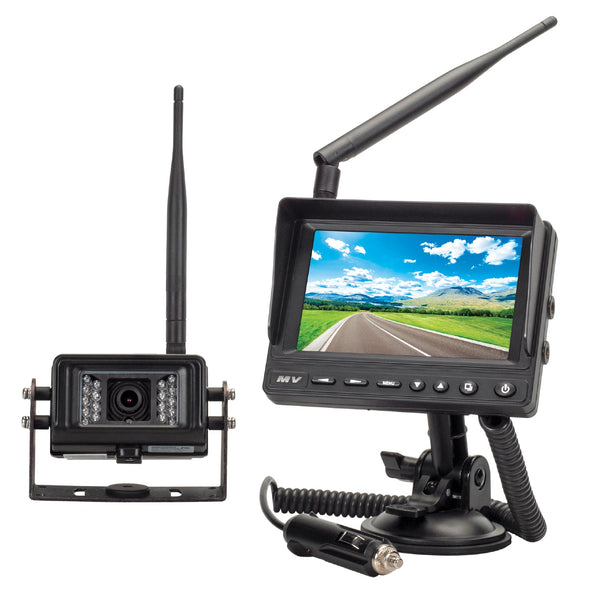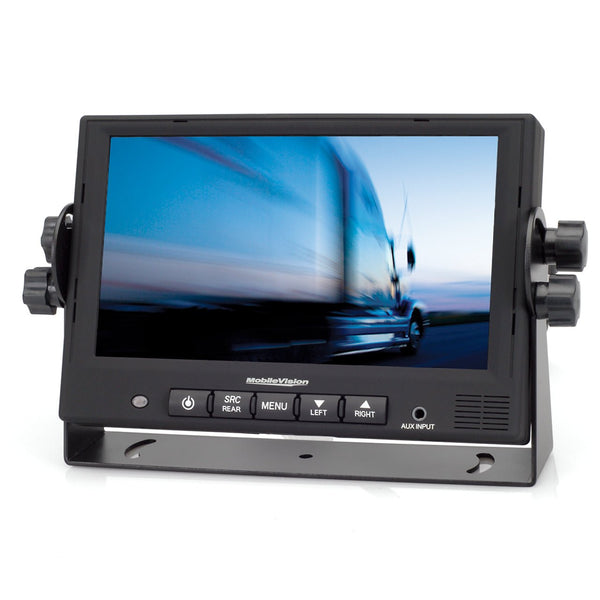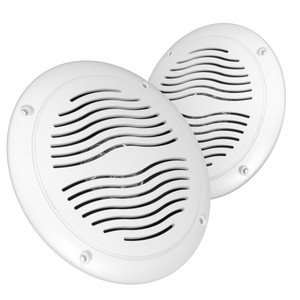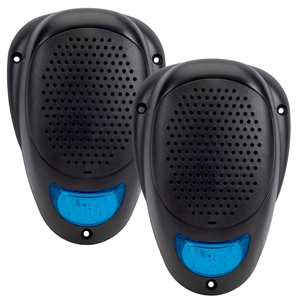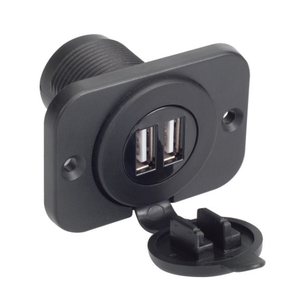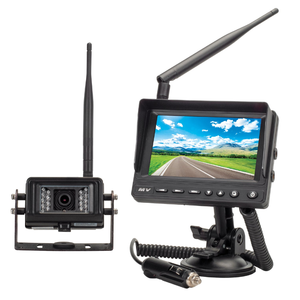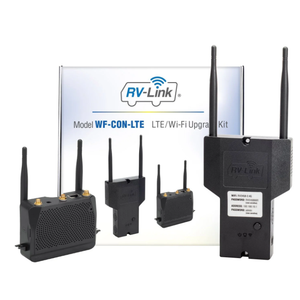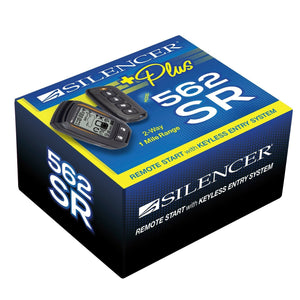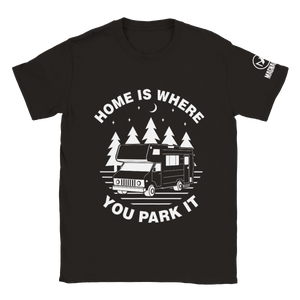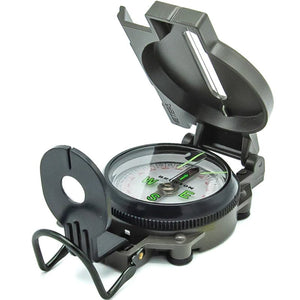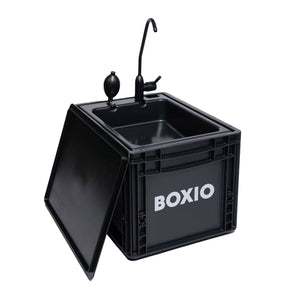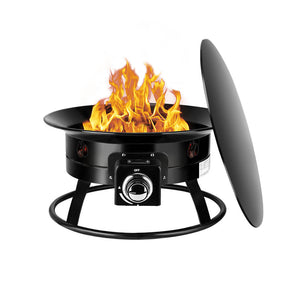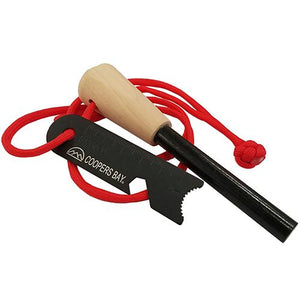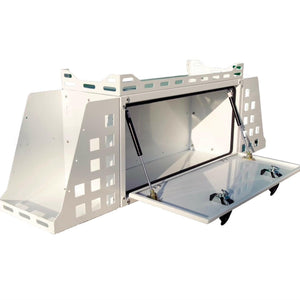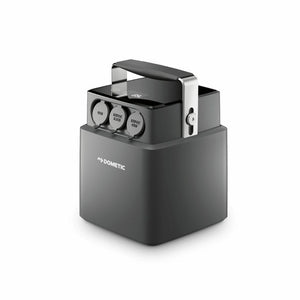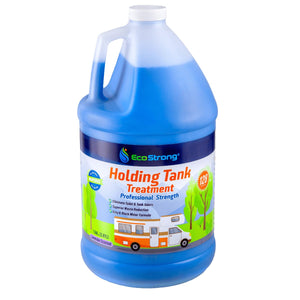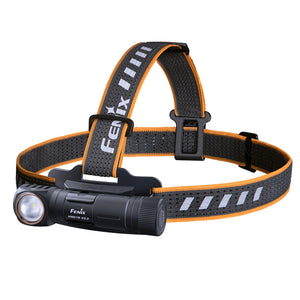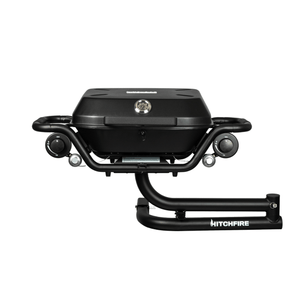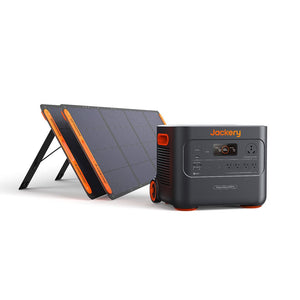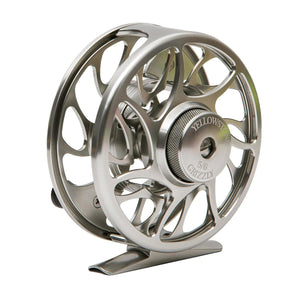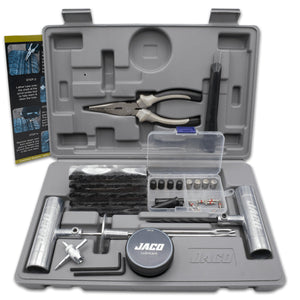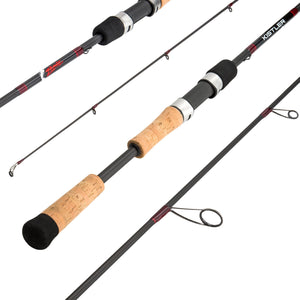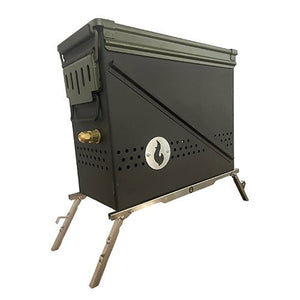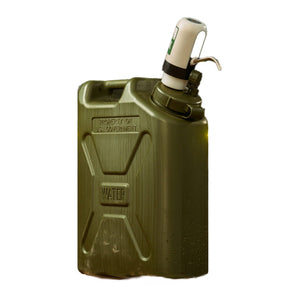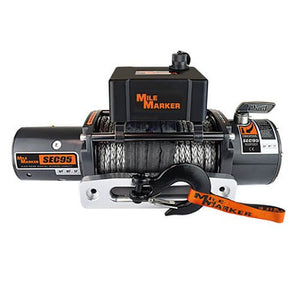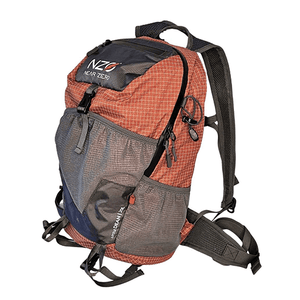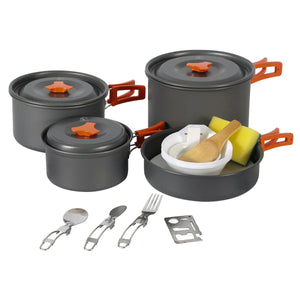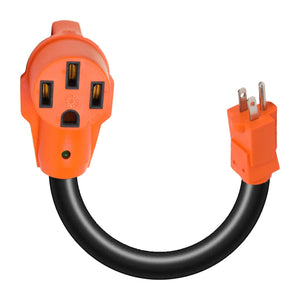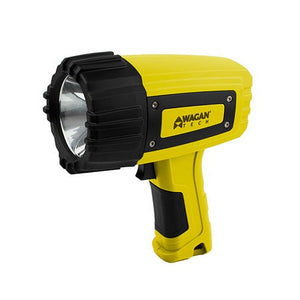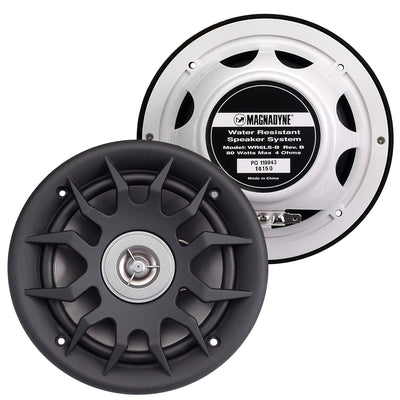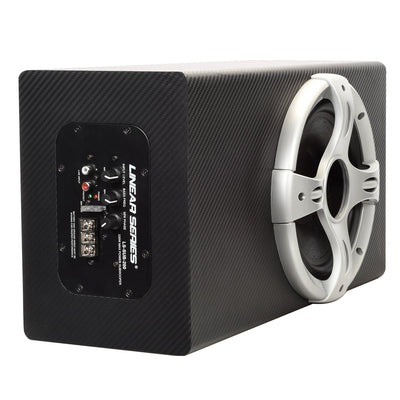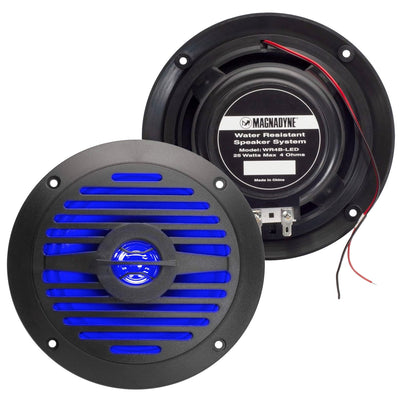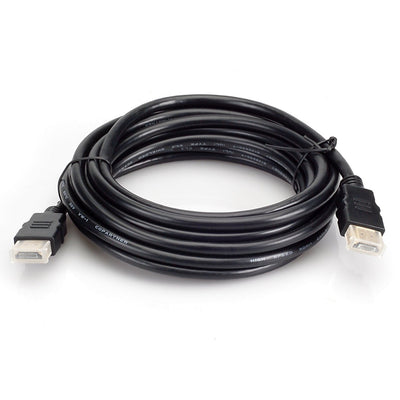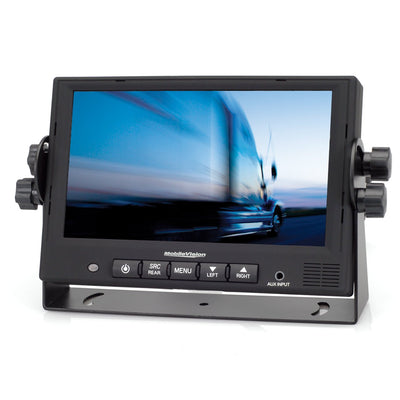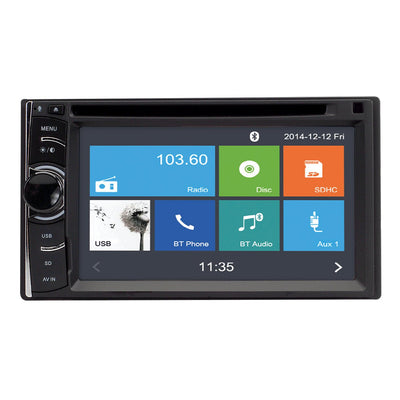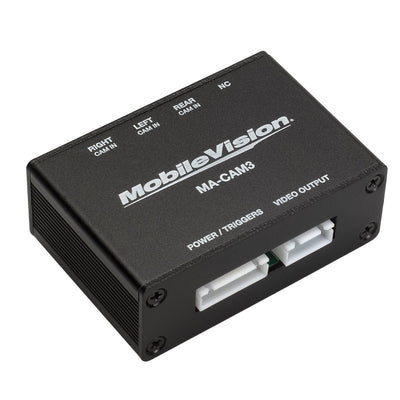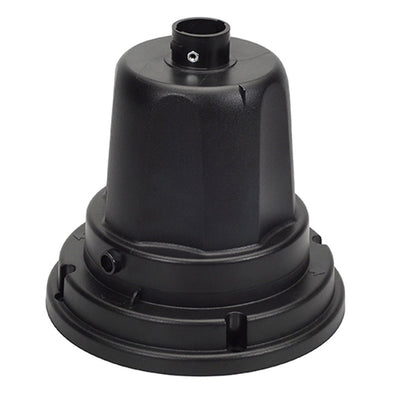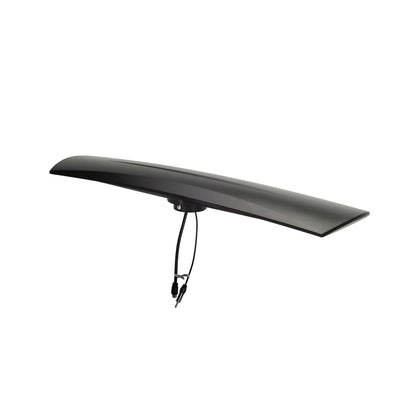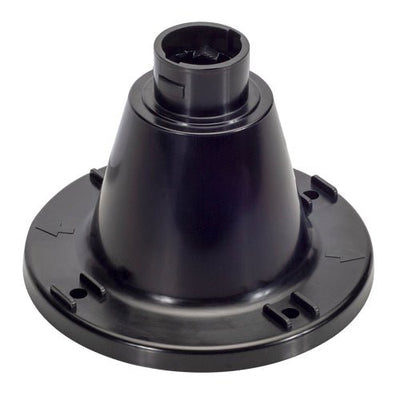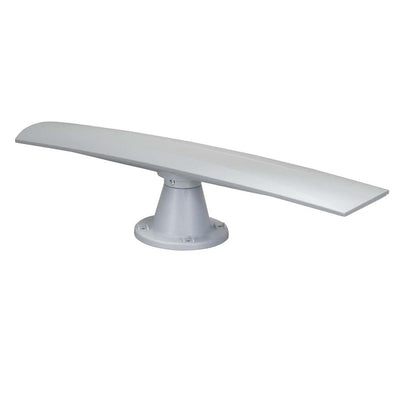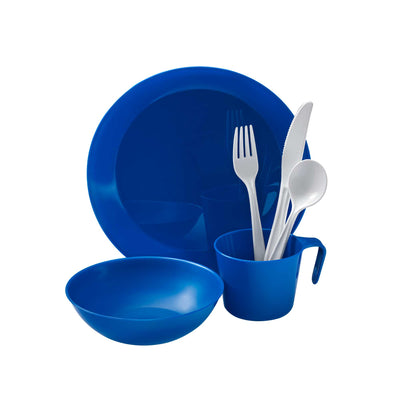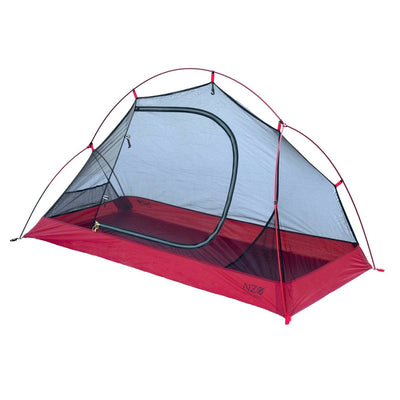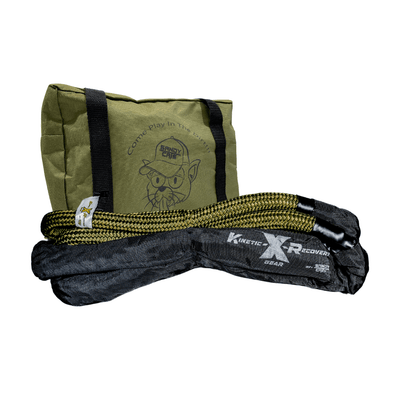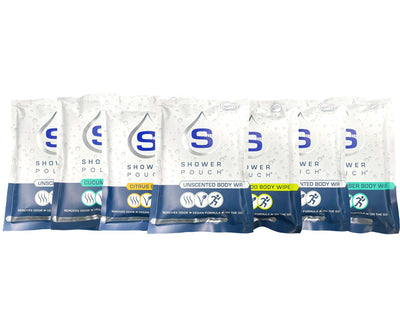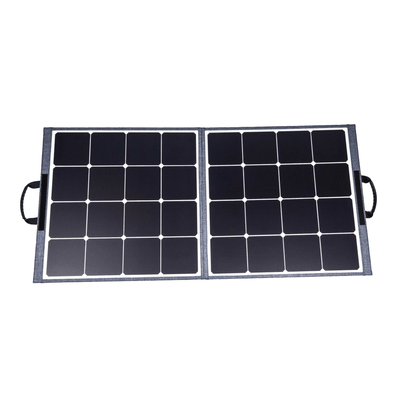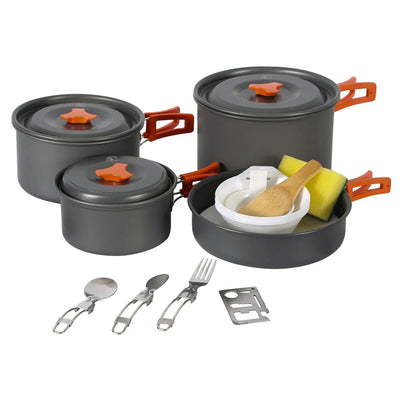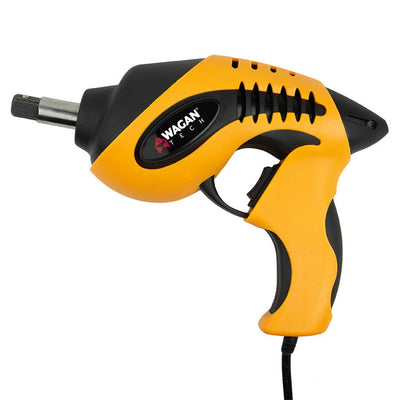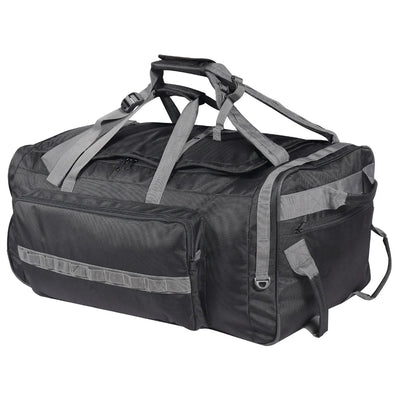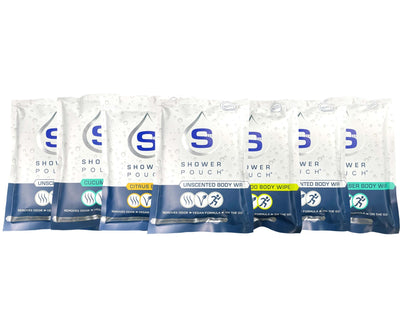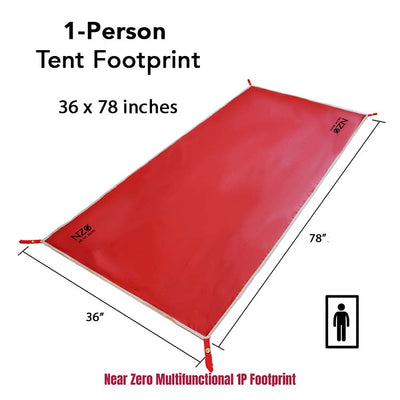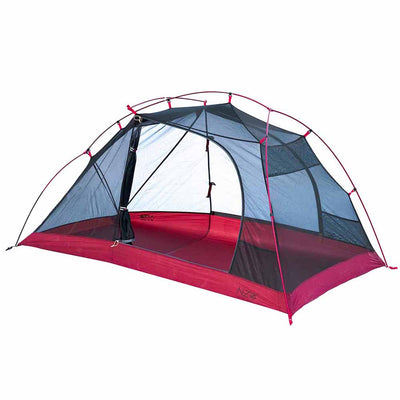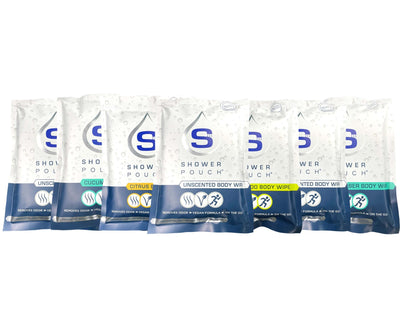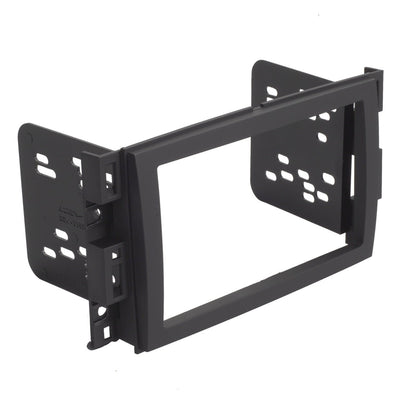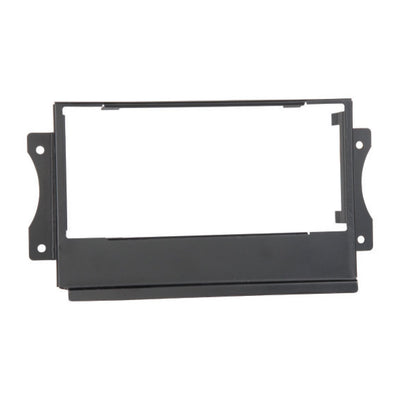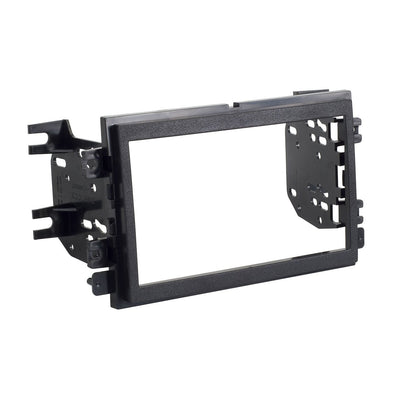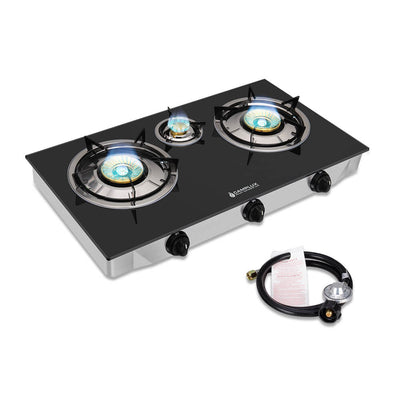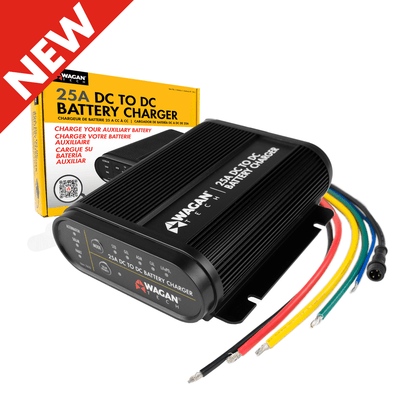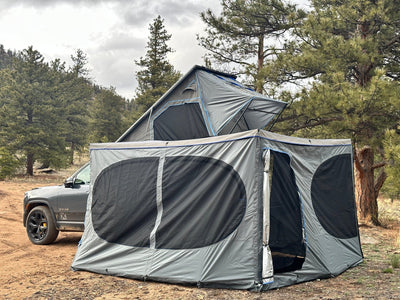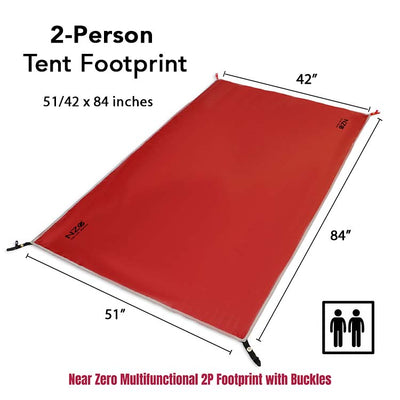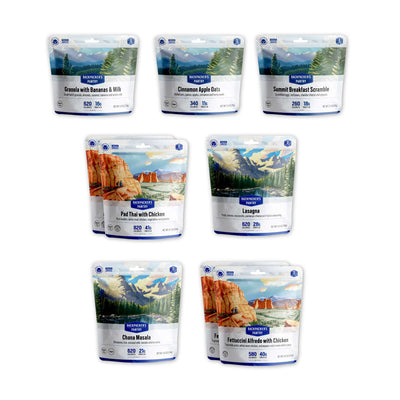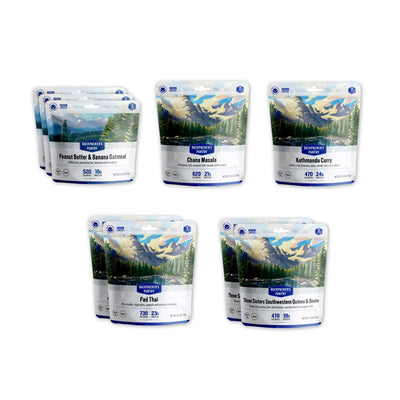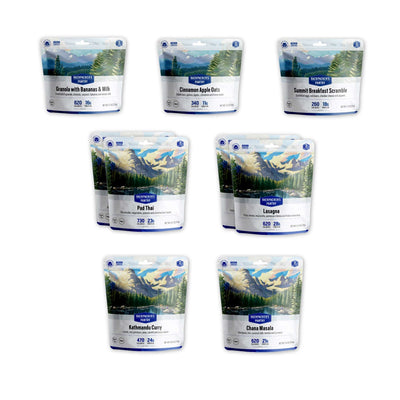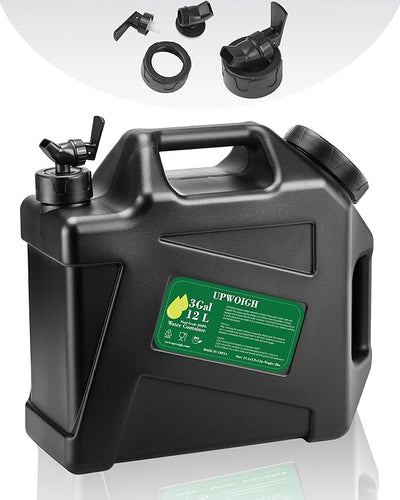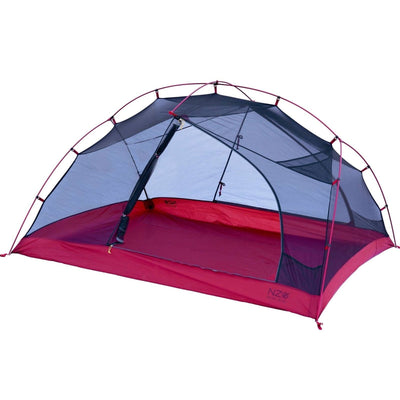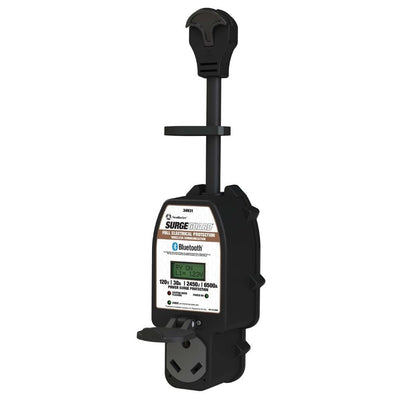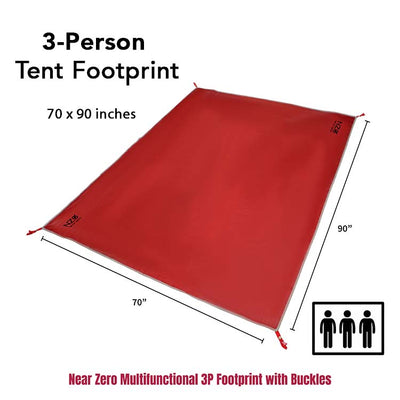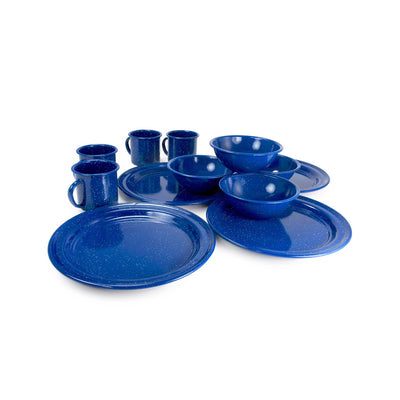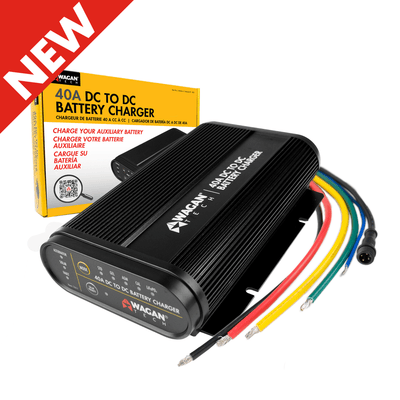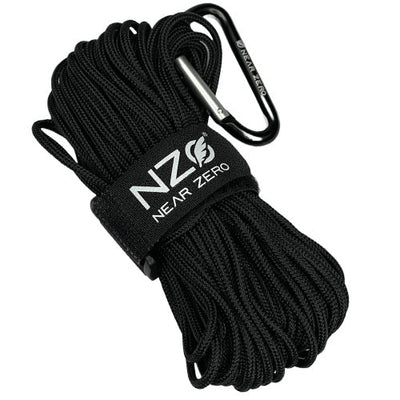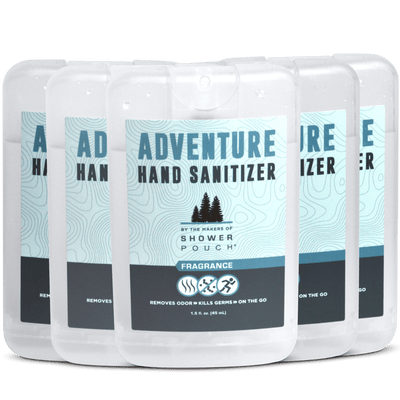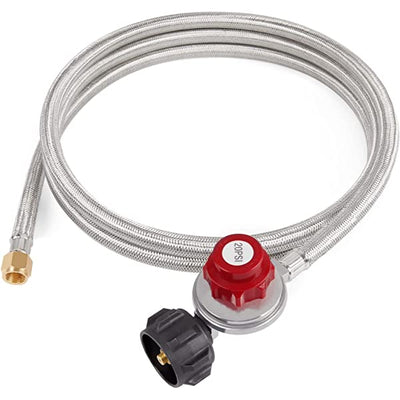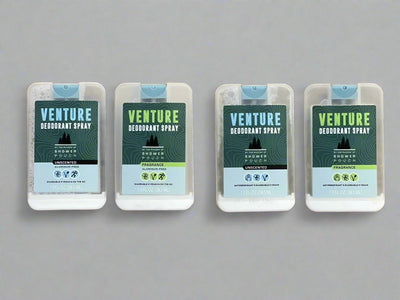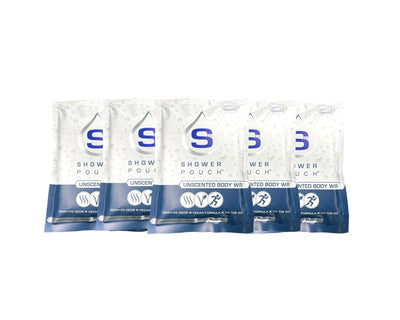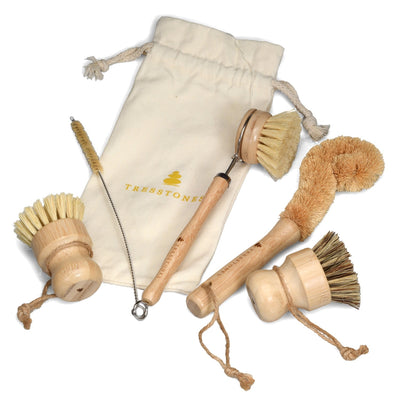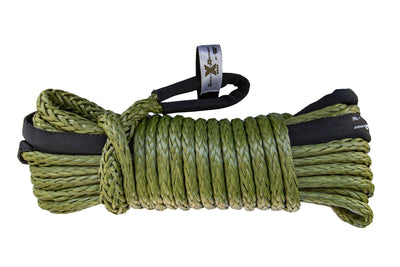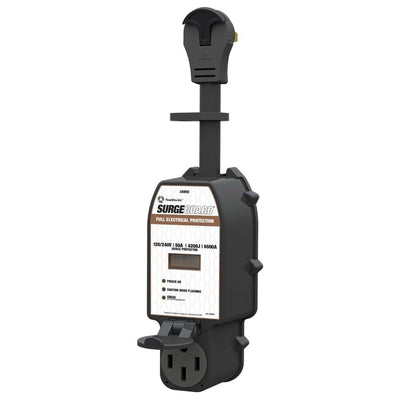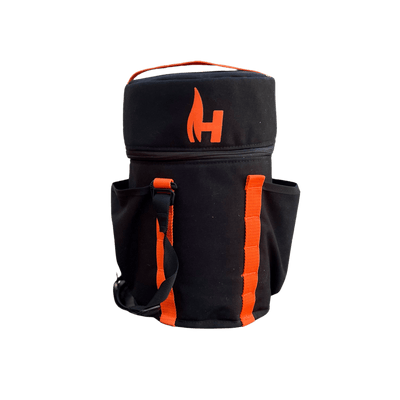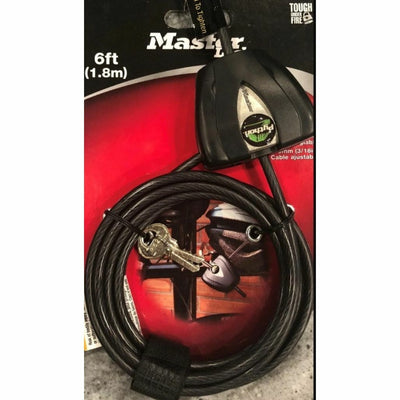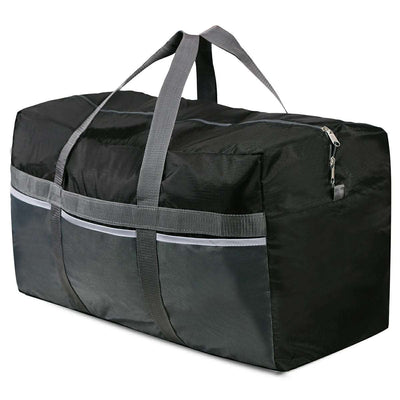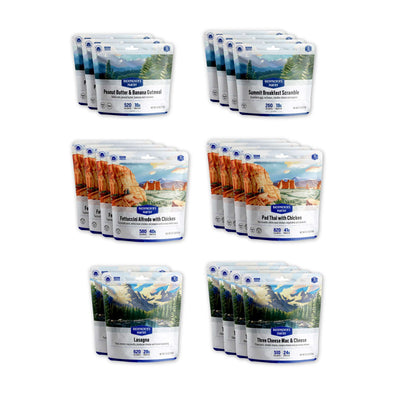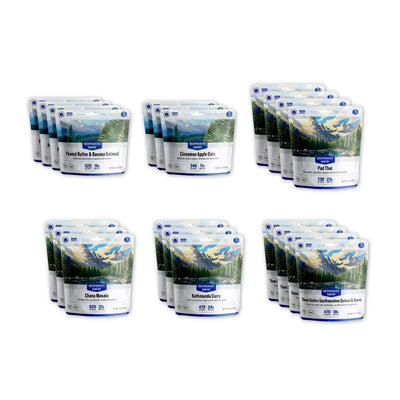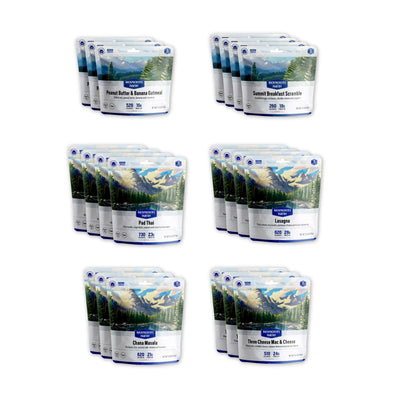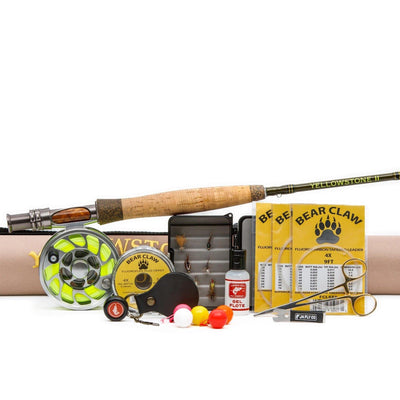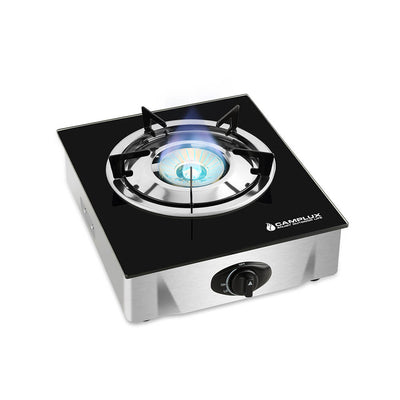Traveling in an RV offers a unique freedom—open roads, changing landscapes, and the ability to bring home with you wherever you go. But with that freedom comes a certain reality every seasoned RVer knows well: an RV is basically an earthquake on wheels.
Every bump in the road, ever y sharp turn, every gust of wind puts your rig to the test. Cabinets swing open. Screws back out. Pipes vibrate loose. What once seemed bolted down can suddenly be rolling across the floor. This constant state of motion means that breakdowns and small disasters are not a matter of if, but when. Being prepared isn’t just smart, it’s essential.

Let’s talk about how to stay safe, stay calm, and stay rolling when life on the road throws you a curveball.
The Importance of Regular RV Maintenance
If you’re going to roll down the highway with your life packed inside a rolling home, preventive maintenance is your best friend. Just like you wouldn’t skip oil changes in your car, your RV demands (and deserves) regular check-ups.
Top maintenance musts:
• Check tire pressure and wear before every trip – Blowouts are dangerous and common.
• Inspect all seals and roof edges – Leaks can cause major (and expensive) interior damage.
• Tighten all screws and latches inside – Remember that earthquake analogy? It’s real.
• Service your brakes and suspension – Especially if you’re towing or climbing/descending hills.
• Test your plumbing systems – Small leaks can grow quickly, and plumbing mishaps can shut down your trip fast.
Create a maintenance checklist and walk through it regularly. It’s better to catch a small issue in your driveway than on mile marker 342 in the middle of nowhere.
Tools & Essentials You Should Always Carry
Whether you’re in a luxury motorhome or a modest travel trailer, certain tools and supplies should be non-negotiable. These items can turn a potential trip-ending emergency into a manageable inconvenience.
Essential items to always have onboard:
• Tool kit (screwdrivers, pliers, ratchet set, adjustable wrench, zip ties)
• Spare fuses and bulbs
• Duct tape and electrical tape
• Water pressure regulator and spare hose washers
• Portable jack and leveling blocks
• Multimeter for checking electrical problems
• Portable air compressor or tire inflator
• Emergency triangles and flares
• Fire extinguishers (yes, plural—one in the galley, one near the bedroom)
• First-aid kit
• Non-perishable food and extra drinking water
You don’t have to be a mechanic or a plumber to use these. You just have to be willing to learn—and you’ll thank yourself when you need them.
When the Unexpected Happens: Roadside Assistance & Emergency Preparedness
Even with the best maintenance and all the right gear, things still go wrong. Tires blow. Batteries die. Accidents happen. That’s why roadside assistance for RVs is a must. Regular auto memberships (like AAA basic) often don’t cover large rigs or trailers, so make sure your plan includes:
• RV towing (and distance limits)
• Jump-starts and fuel delivery
• Lockout service
• Mobile mechanic dispatch
• Flat tire repair or replacement
Highly rated RV-specific roadside assistance providers:
• Good Sam Roadside Assistance
• Coach-Net
• Escapees RV Club (offers additional discounts and resources)
• AAA Premier RV Plan (check availability by state)
In addition, be sure you know:
• Where your VIN and insurance info are stored
• How to manually retract your slides or jacks in case of failure
• How to turn off propane and water lines quickly
• How to safely evacuate and communicate in case of a fire or collision
Plumbing Problems on the Road
A leaking pipe or broken pump can derail a trip fast. RV plumbing systems aren’t as robust as residential systems and remember they’re riding in that earthquake with you.
Common plumbing failures to prep for:
• Loose fittings from vibration
• Clogged black/gray tanks
• Cracked PVC from freezing or impact
• Malfunctioning water pump or water heater
What to carry:
• PVC pipe tape and joint compound
• Flexible plumbing hose
• Tank treatment (to help break down solids and keep sensors clean)
• Spare water pump fuse
• Gloves and a dedicated hose for black tank cleanup (you do have the sewer gloves, right?)
Stress Less By Being More Prepared
Preparedness doesn’t kill spontaneity—it fuels it. When you’re not worried about what could go wrong, you’re freer to enjoy the scenery, the experiences, and the joy of RV life.
Here are a few simple habits that lead to a smoother ride:
• Do a walkaround inspection before every departure
• Secure all drawers, doors, and loose items before driving
• Document issues and tackle small fixes between trips
• Watch your rig's height and width at every gas station or drive-thru
• Have backup paper maps in case of poor cell service
And don’t forget to train your travel companions. Everyone should know how to handle basic safety steps like shutting off the water or operating the fire extinguisher. Even kids can help keep the RV safe and running smoothly.
The Adventure Is Worth It
RV life is filled with magic—sunrises in the desert, dinner by the lake, laughter around a campfire. But it’s also real life, lived on the road. And real life gets messy, mechanical, and unpredictable. That’s part of what makes it so rewarding.
By embracing the reality of RV travel—rattles, repairs, and all—you equip yourself not just to survive the journey, but to thrive through it.
So go ahead, get out there. Tighten the bolts. Pack the toolkit. Learn how to empty that black tank with confidence.
Because the road is calling. And when you're ready for anything, everything becomes an adventure.










